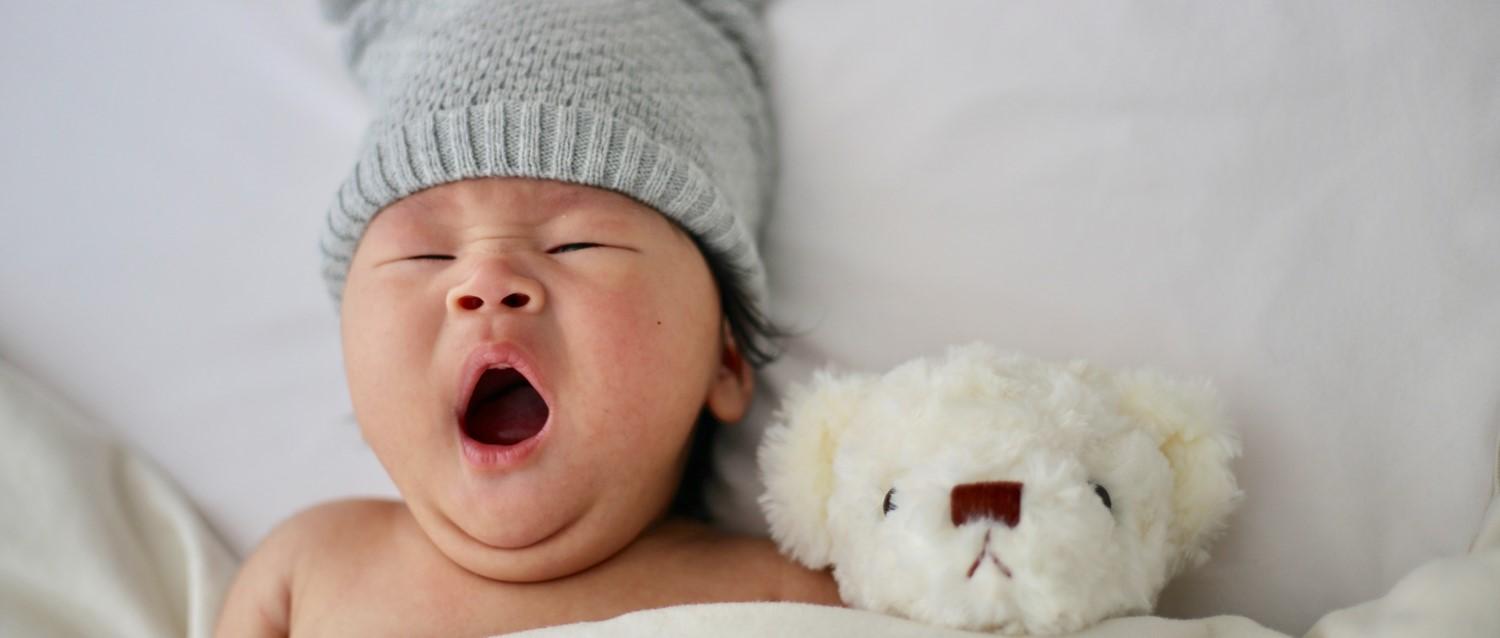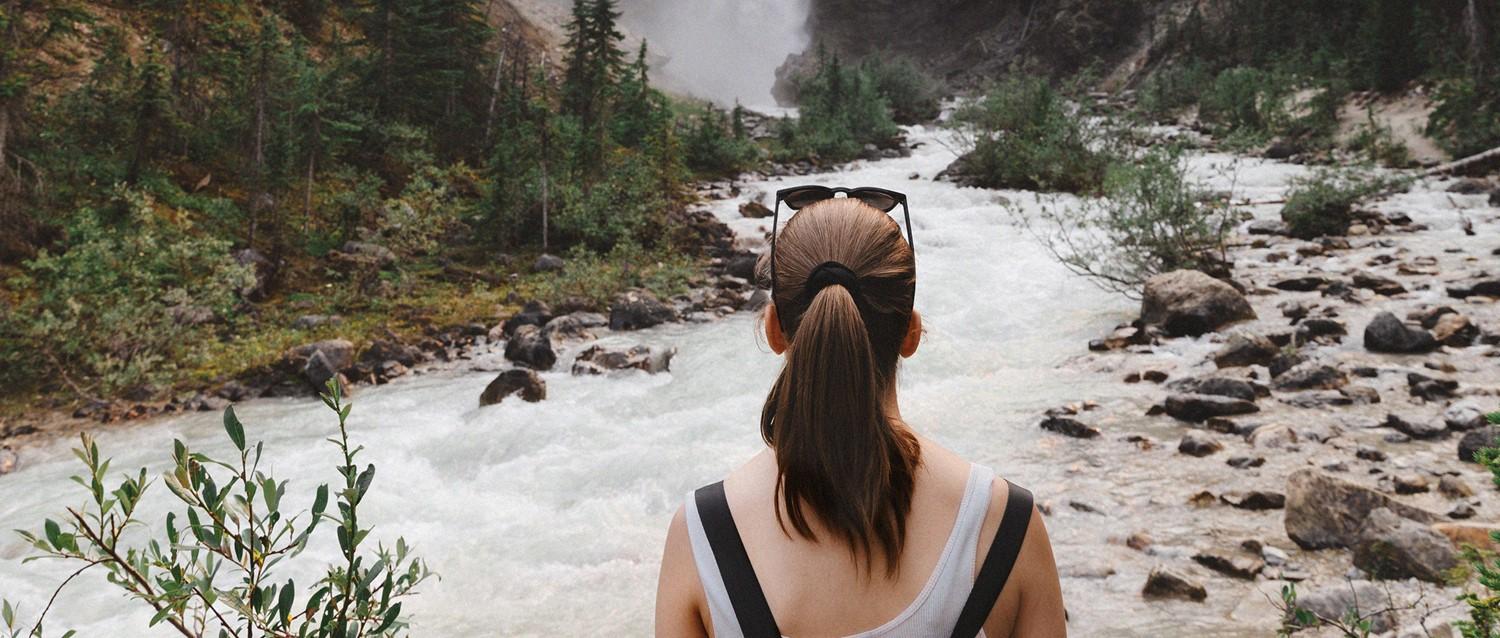
Comment protéger votre bébé contre les allergies
Révision par les pairs : Dr Krishna Vakharia, MRCGPDernière mise à jour par Emily Jane BashforthDernière mise à jour : 25 juin 2022
- TéléchargerTélécharger
- Partager
Allergies can be really distressing for any child but particularly for babies. This is because they don't understand what is happening to them and therefore become distressed. This can be upsetting to watch as a parent. Fortunately, there are things you can do to protect your baby against allergies and ease their symptoms.
Dans cet article :
Allergies are said to be the most common type of chronic disease in Europe. Studies show that the number of people living with allergies in the UK is rising by 5% every year.
Poursuivre la lecture ci-dessous
How common are allergies in children?
Overall, around 1 in 40 children in the UK are thought to suffer from some type of serious allergy. The most common allergies include:
Food allergy.
Pollen.
Dust-mite.
Insect bites and stings.
It can sometimes be quite difficult to work out what your baby may be allergic to. For example, you might wonder if one of your baby's allergies is to pollen, especially if they develop symptoms as hay fever season strikes. But this isn't necessarily the case.
Very small babies are unlikely to have spent much time outdoors and have had little exposure to pollen. They are more likely to have been exposed to other allergens indoors. These can include house dust mites, animal dander, and mould, all of which can also cause allergy symptoms such as AR and develop at any time of year.
Can you reduce your baby's chances of developing allergies?
Allergies - such as hay fever - and respiratory conditions - such as asthma - often run in families. Therefore, if one or more of a baby's parents has a pollen allergy or another allergic disease, their baby is more likely to develop these conditions too.
Fortunately, there are measures you can implement to slow the development of these conditions or even reduce their chances of them developing.
Poursuivre la lecture ci-dessous
What should I do if my baby shows allergy symptoms?
If you are concerned about your baby's symptoms and suspect they may have allergies, you can consult your GP. However, as it can be difficult to determine their root cause, you may be referred for specialist advice from a paediatrician or an allergy specialist.
If your baby shows signs of a severe allergic reaction, such as wheezing, trouble breathing or loss of consciousness, you should treat this as a medical emergency and contact 999 immediately.
How can I treat my baby's allergies?
If you suspect your baby has an allergy you should try to prevent any further exposure to the source. If the allergy is food or drink related this would mean choosing alternative ingredients.
Once an allergy is confirmed, your GP or allergy specialist will be able to prescribe the best form of treatment for your child. Mild allergies can usually be treated at home; however, more severe allergies may require medication to be prescribed. For babies and young children this can include antihistamines, steroids, or adrenaline auto-injectors (AAIs) - sometimes known as EpiPens.
Choix des patients pour Les allergies

Allergies, sang et système immunitaire
Comment voyager en toute sécurité si vous souffrez d'allergies
Ahh holidays. Spending your time relaxing in the sun or seeing the sights in a dream destination should be blissful. But if you or your child suffer from allergies, planning a trip can be stressful. We look at how to minimise risk and maximise relaxation for allergy sufferers.
par Gillian Harvey

Allergies, sang et système immunitaire
Antihistaminiques
Antihistamines are a group of medicines which act to block the effects of the chemical called histamine in the body. Either H1 or H2 histamine receptors can be blocked by medicines, but the group commonly known as antihistamines blocks the H1 receptor. They have a number of uses, but are most often used to treat allergies.
par le Dr Colin Tidy, MRCGP
Poursuivre la lecture ci-dessous
Protecting your baby against allergies
It's important you take specific measures to prevent allergy triggers from irritating your baby's airwaves and causing them distress.
Dr Deborah Lee of Dr Fox Online Pharmacy explains the easiest ways to keep your baby safe against house dust, animals, and mould:
How to protect your baby against house dust
Use anti-allergy bedding.
Dust regularly by using a damp cloth.
Wash floors regularly and, if you can, avoid having carpets in your house.
Declutter - dust will settle on objects that are left out in the open.
How to protect your baby against animal dander
Ideally, avoid pets that have animal dander such as dogs, cats, rabbits and guinea pigs.
If you do have pets, keep them out of the baby's room and off the beds and furniture.
Wash the pet once a week to minimise animal dander.
How to protect your baby against mould
Prevent dampness in your home and use a dehumidifier if needed.
Ensure adequate ventilation.
Dry your washing in an airing cupboard or tumble drier that is not near your baby.
If you are concerned about your baby's allergy symptoms, or if you suspect that their symptoms have worsened you should consult with your baby's GP or allergy specialist.
Historique de l'article
Les informations contenues dans cette page ont été évaluées par des cliniciens qualifiés.
25 Jun 2022 | Dernière version
25 juin 2022 | Publié à l'origine

Demandez, partagez, connectez-vous.
Parcourez les discussions, posez des questions et partagez vos expériences sur des centaines de sujets liés à la santé.

Vous ne vous sentez pas bien ?
Évaluez gratuitement vos symptômes en ligne